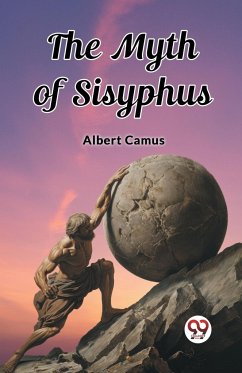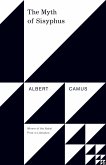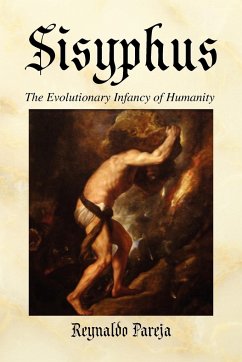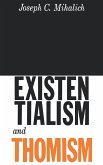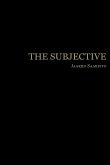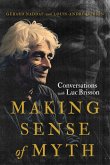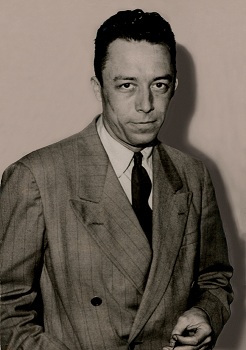"The Myth of Sisyphus" by Albert Camus is a philosophical exploration of absurdism, existentialism, and the human condition within French literature. Through the lens of the ancient myth of Sisyphus, Camus delves into the depths of existential crisis and rebellion against the absurdity of life. He examines the meaning of existence, confronting nihilism and the inherent absurdity of the universe. Camusian philosophy emphasizes the absurdity of human existence and the individual's struggle to find meaning in a seemingly meaningless world. Sisyphus, condemned to endlessly roll a boulder up a hill only for it to roll back down, becomes a symbol of the human condition constantly striving for purpose in a universe devoid of inherent meaning. In confronting the absurdity of life, Camus explores themes of rebellion and defiance against the existential void. He reflects on the notion of suicide as a response to the absurd, ultimately advocating for a rebellion against the absurd through embracing the act of living fully. "The Myth of Sisyphus" stands as a profound meditation on existence, challenging readers to confront the absurdity of life and find meaning within it.
Hinweis: Dieser Artikel kann nur an eine deutsche Lieferadresse ausgeliefert werden.
Hinweis: Dieser Artikel kann nur an eine deutsche Lieferadresse ausgeliefert werden.

